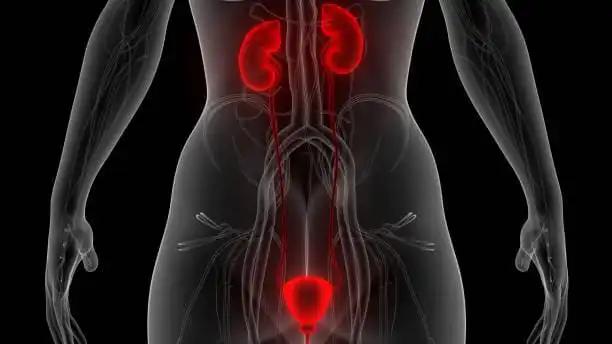KEY TAKEAWAYS
- A PEACE-1, Phase 3 trial conducted a post-hoc analysis on the safety and efficacy of abiraterone acetate + prednisone (AAP) in older (≥ 70 years) and younger (< 70 years) pts with mCSPC.
- This study randomized 431 older men (37%) and 741 younger men (63%). The older population presented with more altered PS (ECOG 1-2) and less frequent use of docetaxel as part of SOC than the younger population.
- Older men experienced more toxicity and earlier drug discontinuation with AAP treatment.
- The benefit of AAP on rPFS and OS tended to decrease with age in the overall population.
- The study suggests that in older men with mCSPC, the benefit of adding AAP to SOC depends on their fitness to receive ADT+D.
MCSPC, or metastatic castration-sensitive prostate cancer, primarily strikes men over 65. This post hoc analysis from the PEACE-1 trial compared abiraterone acetate + prednisone (AAP) safety and efficacy between patients aged 70 and younger. In this 2×2 design phase 3 trial, male patients diagnosed with de novo mCSPC were randomly assigned to receive either standard of care (SOC), SOC plus angiogenesis-stimulating agent (AAP), SOC plus radiotherapy (RXT), or SOC plus AAP and RXT.
Androgen deprivation therapy (ADT) alone was the initial standard of care (SOC), but beginning in October 2015, docetaxel (D) was permitted as part of SOC (at the investigator’s discretion until 2017, and then restricted to men receiving ADT+ D after the publication of the LATITUDE and STAMPEDE trials). Methods similar to those employed for the overall trial were applied to analyze efficacy and safety in the OM component of PEACE-1.
Overall, 741 younger men (YM; 63%) and 431 older men (OM; 37%) were assigned. Although docetaxel (D) was used more frequently as part of SOC in YM (66% vs. 51%, p0.0001), it was less frequently in OM (36% vs. 26%, p=0.0003). OM had a substantially higher prevalence of hypertension (55.5% vs. 38.2%, p0.001) and type 2 diabetes mellitus (15.5% vs. 11.0%, p=0.029). Independent of D use, the older population had a shorter median time to AAP termination than the younger population. This was related to adverse events or mortality occurring more frequently in the older population.
For the general population, the benefit of AAP on rPFS was seen to decline with age: (HR 0.65, 95%CI 0.42-1.01) in OM versus (HR 0.49, 95%CI 0.35-0.69) in YM. The same pattern was shown in terms of OS, with OM having a lower risk of death than YM (HR 0.95, 95%CI 0.72-1.25) and YM having a lower risk of death than OM (HR 0.73, 95%CI 0.58-0.92). In contrast, the rPFS benefit of AAP was similar in OM (HR 0.55, 95%CI 0.29-1.04) and in YM (HR 0.5, 95%CI 0.33-0.78) among men who were medically fit to receive the SOC consisting of ADT+D. In OM, the OS benefit of AAP was (HR 0.80, 95%CI 0.53-1.2), while in YM, the OS benefit was (HR 0.71), (95%CI 0.52-0.95).
Severe adverse events (grades 3-5) were more common in OM who were given AAP compared to YM (69% vs 61%), whereas there was no difference between the ages of those who were not given AAP and those who were (48% vs 47%). This retrospective PEACE-1 study provides evidence that adding AAP to SOC provides a smaller benefit to OM than YM in terms of rPFS and OS in the total group. More toxicity resulting to more frequent and earlier treatment termination is probably to blame for this diminished benefit. Most importantly, the added advantage of AAP to SOC was similar to that seen in YM in OM, who were otherwise healthy enough to get ADT+D.
Source: https://meetings.asco.org/abstracts-presentations/217322
Clinical trial: https://clinicaltrials.gov/ct2/show/NCT01957436/
Loic Mourey, Helen Jane Boyle, Guilhem Roubaud, Raymond S. McDermott, Stephane Supiot, Bertrand F. Tombal, Aude Flechon, Dominik R. Berthold, Philippe Ronchin, Gabriel Kacso, Jean Francois Berdah, Fabio Calabro, Gwenaelle Gravis, Samuel Palumbo, Thierry Gil, Brigitte Vie, Hélène Ribault, Karim Fizazi, Stéphanie Foulon, Joan Carles (J Clin Oncol 41, 2023 (suppl 6; abstr 20))



